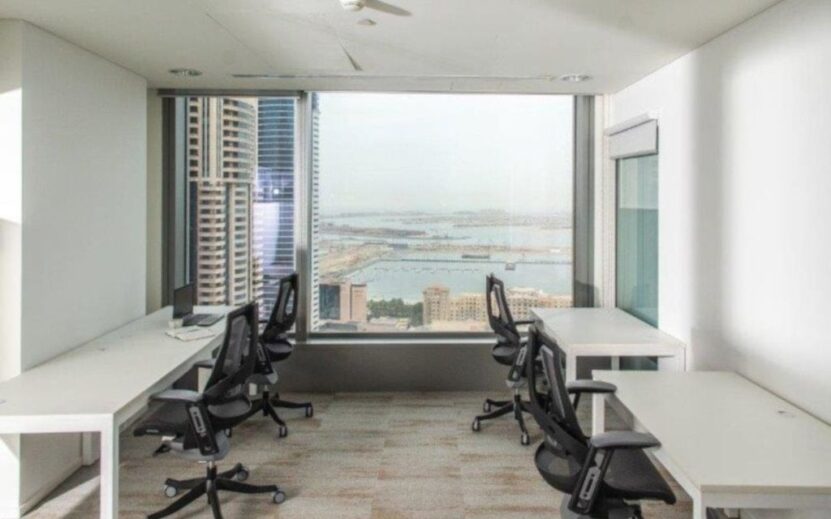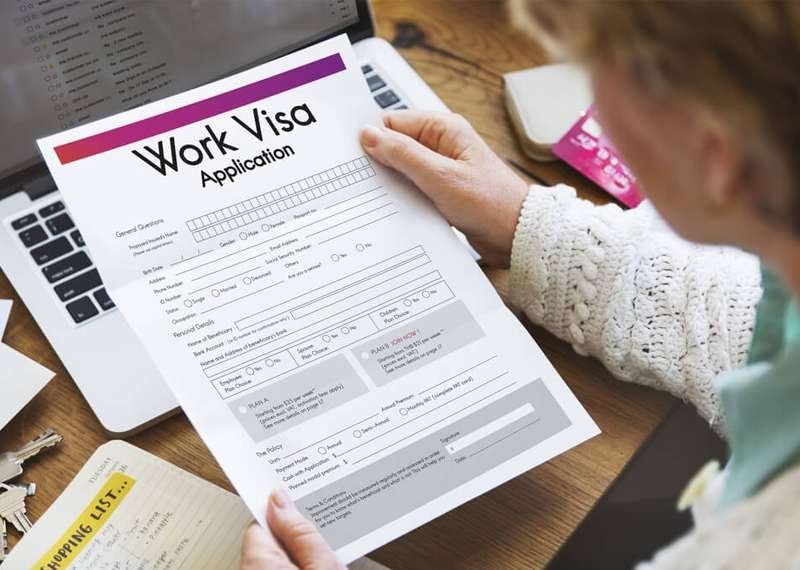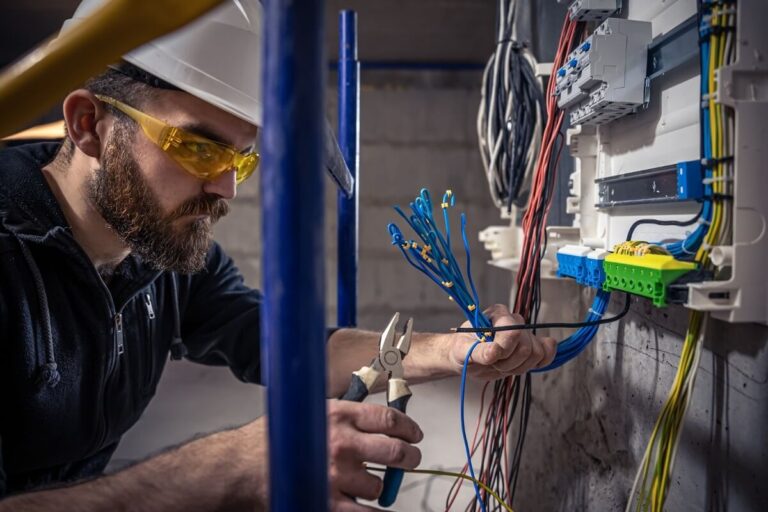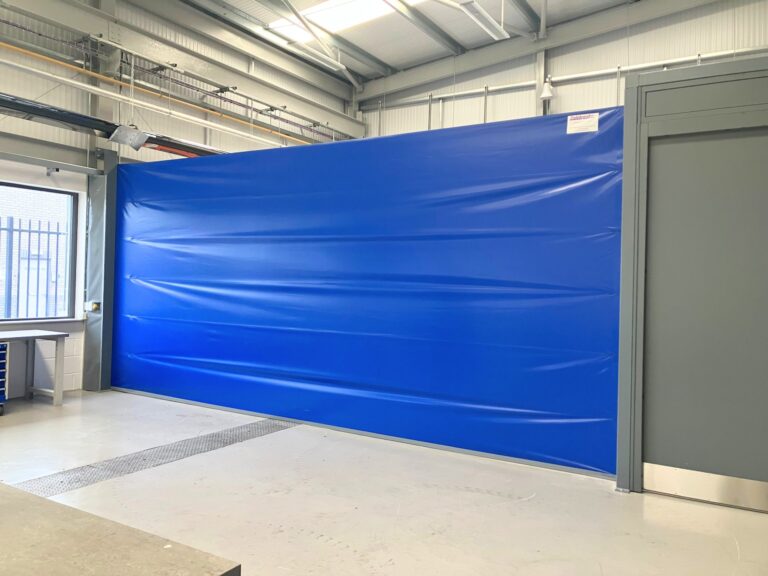Starting a business in the United Arab Emirates has become one of the most strategic moves for global entrepreneurs. The UAE combines political stability, world-class infrastructure, and tax-friendly regulations, making it one of the most business-friendly environments in the world.
The concrete answer is this: success in the UAE market depends not on the idea alone but on following the right setup structure, choosing the correct jurisdiction, and complying with the local legal and commercial framework.
Below are the ten essential steps every founder should take to build a business that stands firmly in this competitive yet opportunity-rich market.
1. Define the Business Activity and Market

Every business in the UAE begins with clarity of purpose. You must define your activity according to the categories recognized by the Department of Economic Development (DED) or the relevant Free Zone Authority.
There are over 2,000 possible activities, from consulting and trading to manufacturing or digital services, and each determines where you can operate and what licenses you’ll need.
Entrepreneurs often underestimate this step. A single misclassified activity can delay approval or restrict business operations later.
Conduct a short market assessment: identify your target customers, competitors, and pricing dynamics in Dubai, Abu Dhabi, or Sharjah.
This analysis guides your licensing, staffing, and office location choices.
2. Choose the Right Jurisdiction: Mainland, Free Zone, or Offshore
The UAE has three distinct jurisdictions:
| Jurisdiction | Ownership | Tax & Regulations | Best For |
| Mainland | Up to 100% foreign ownership (for most sectors) | Subject to UAE corporate tax (9%) | Companies targeting the local UAE market |
| Free Zone | 100% foreign ownership | 0% corporate tax (for qualifying entities) | Export-oriented, international trading, and digital businesses |
| Offshore | 100% foreign ownership | No tax, limited activity | Holding and asset protection structures |
Each has its legal and tax implications. For example, Free Zones like Dubai Multi Commodities Centre (DMCC) or Jebel Ali Free Zone (JAFZA) offer streamlined processes but restrict selling directly within the mainland without a local distributor.
Mainland setups, meanwhile, offer more flexibility for on-ground operations and government contracts.
3. Select the Legal Structure

Your legal entity defines ownership, liability, and compliance requirements. The most common structures include:
| Type | Description | Ideal For |
| Limited Liability Company (LLC) | Separate legal entity; shareholders’ liability limited to capital | Retail, construction, manufacturing |
| Sole Establishment | Owned by one individual; full personal liability | Consultants, freelancers |
| Branch Office | Extension of a foreign parent company | Established international firms |
| Free Zone Company (FZCO) | Independent entity in a Free Zone | Exporters, tech startups |
For foreign entrepreneurs, LLCs and Free Zone entities are usually the best routes.
4. Prepare Documentation and Approvals
Proper documentation saves months of delay. Generally, you will need:
- Passport copies of shareholders and managers
- Business plan or project summary
- No Objection Certificate (if applicable)
- Lease agreement or virtual office contract
- Memorandum of Association (for LLCs)
These must be notarized and, for foreign investors, often attested in both your home country and the UAE. Timelines differ by emirate and jurisdiction, so expect 2–6 weeks for full approval.
5. Secure Your Trade Name and License

Your trade name must align with UAE naming conventions, no religious references, no offensive terms, and preferably in English or Arabic. Once approved, you’ll apply for the relevant license:
| License Type | Purpose |
| Commercial License | Trading, retail, and import/export businesses |
| Industrial License | Manufacturing and production |
| Professional License | Consulting, IT, design, and specialized services |
For instance, a digital marketing startup in Dubai would apply for a professional license under the Dubai Economy and Tourism Department (DET) or a Free Zone Authority like Dubai Internet City.
6. Find a Local Sponsor or Service Agent (if required)
While 100% foreign ownership is now permitted in many mainland activities, some sectors, particularly those related to security, energy, or defense, still require a local sponsor (UAE national) or a service agent. These arrangements are legally recognized and help ensure regulatory compliance and smoother dealings with government bodies.
Selecting a reliable local partner is critical. They act as your intermediary for legal procedures, labor relations, and renewals. Always formalize sponsorship agreements through the proper legal channels to avoid disputes later.
7. Open a Corporate Bank Account
A functioning business in the UAE requires a corporate bank account for transactions and payroll. The banking system is advanced but also selective. Banks like Emirates NBD, Mashreq, and Abu Dhabi Commercial Bank require detailed documentation:
- Trade license and incorporation documents
- Shareholder passport copies
- Proof of business activity and address
- Company profile and business plan
Processing times can range from one to four weeks. Maintaining transparent operations and clear financial records helps prevent account freezes due to compliance checks.
8. Set Up Office Space and Infrastructure

Depending on your license type, you may choose:
| Type | Description | Cost Range (Monthly) |
| Physical Office | Traditional workspace with Ejari registration | AED 5,000–25,000 |
| Flexi Desk / Virtual Office | Shared space in Free Zone or co-working area | AED 1,000–3,000 |
| Warehouse / Industrial Unit | For manufacturing and logistics | AED 10,000+ |
Many Free Zones now allow virtual or flexi-desk setups for startups, reducing overhead. Co-working hubs like AstroLabs and Letswork offer networking opportunities for new founders in Dubai’s innovation ecosystem.
9. Seek Professional Guidance
Business setup can be smooth or complex, depending on how well you plan. Licensing, visa quotas, and taxation laws change regularly. To navigate these efficiently, many entrepreneurs turn to startup consulting in Dubai for tailored guidance.
Consultants can help you select the best jurisdiction, draft incorporation documents, and handle visa processing, all while aligning your setup with the UAE’s latest regulations. A consultant also ensures you leverage tax exemptions, trade benefits, and investor incentives, helping you scale faster without compliance risks.
10. Apply for Visas and Compliance Clearances

Once your company is registered, you can apply for:
- Investor visas (for business owners and shareholders)
- Employee visas (for staff under company sponsorship)
- Dependent visas (for family members)
You will also need to register with the Ministry of Human Resources and Emiratisation (MOHRE) and the General Directorate of Residency and Foreigners Affairs (GDRFA). Compliance checks include labor contracts, health insurance, and tax registration if your annual turnover exceeds AED 375,000 (VAT threshold).
The Real Key to Success in the UAE
Launching a business in the UAE is more than paperwork. The true success lies in understanding how your company fits into the regional economic vision, whether that’s Dubai’s focus on digital transformation, Abu Dhabi’s push for sustainable industries, or Sharjah’s emphasis on manufacturing.
Strong relationships with suppliers, consistent compliance, and adaptability to market regulations are what make businesses thrive here.
Those who approach the UAE as a structured, well-planned ecosystem rather than a quick-profit market tend to grow steadily.
Final Thought
A successful UAE business setup is not built overnight; ht, it’s engineered through strategy, documentation, and precision.
When these steps are followed correctly, entrepreneurs benefit from one of the most stable, tax-efficient, and globally connected business ecosystems in the world.
Dubai, especially, continues to serve as the Middle East’s gateway to global trade and innovation, proving that structure, not speed, defines real success in the Emirates.








